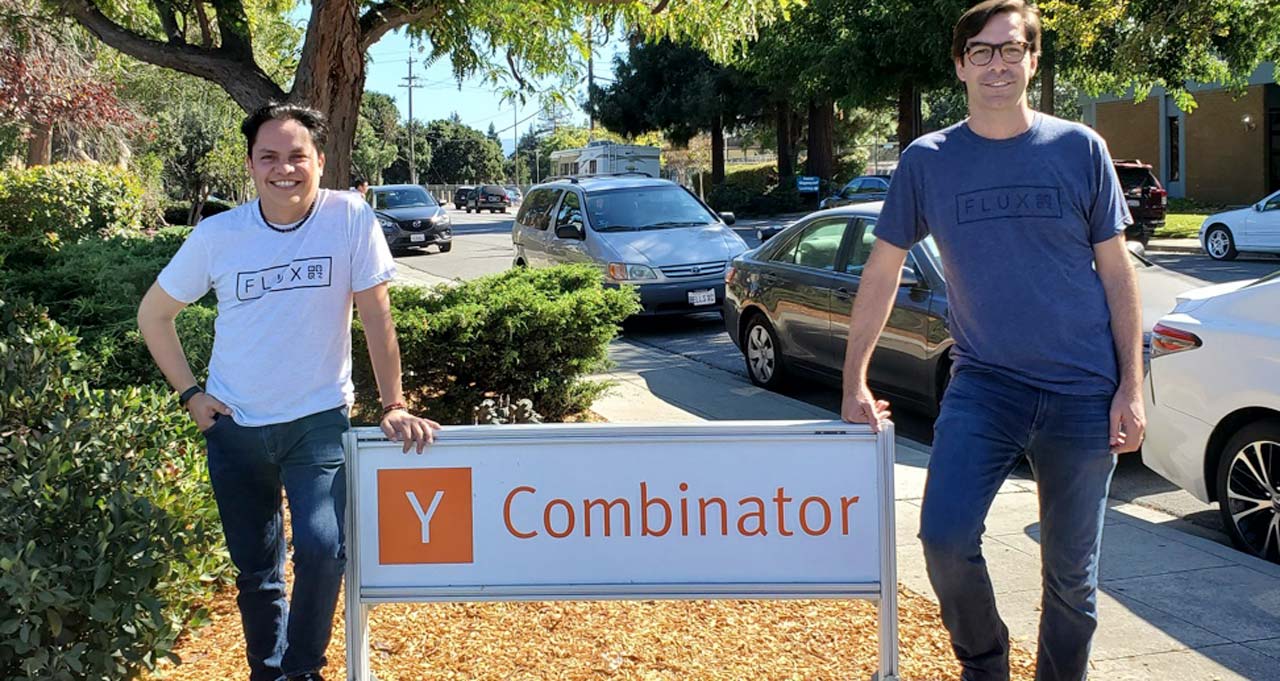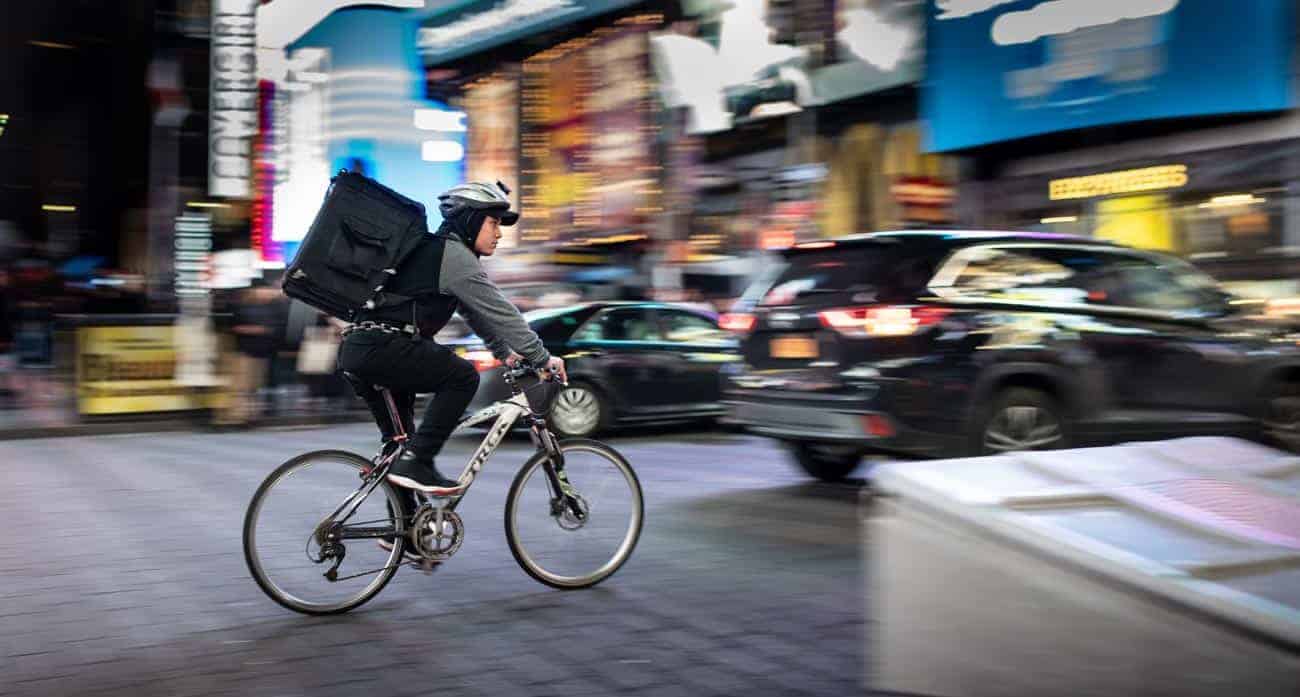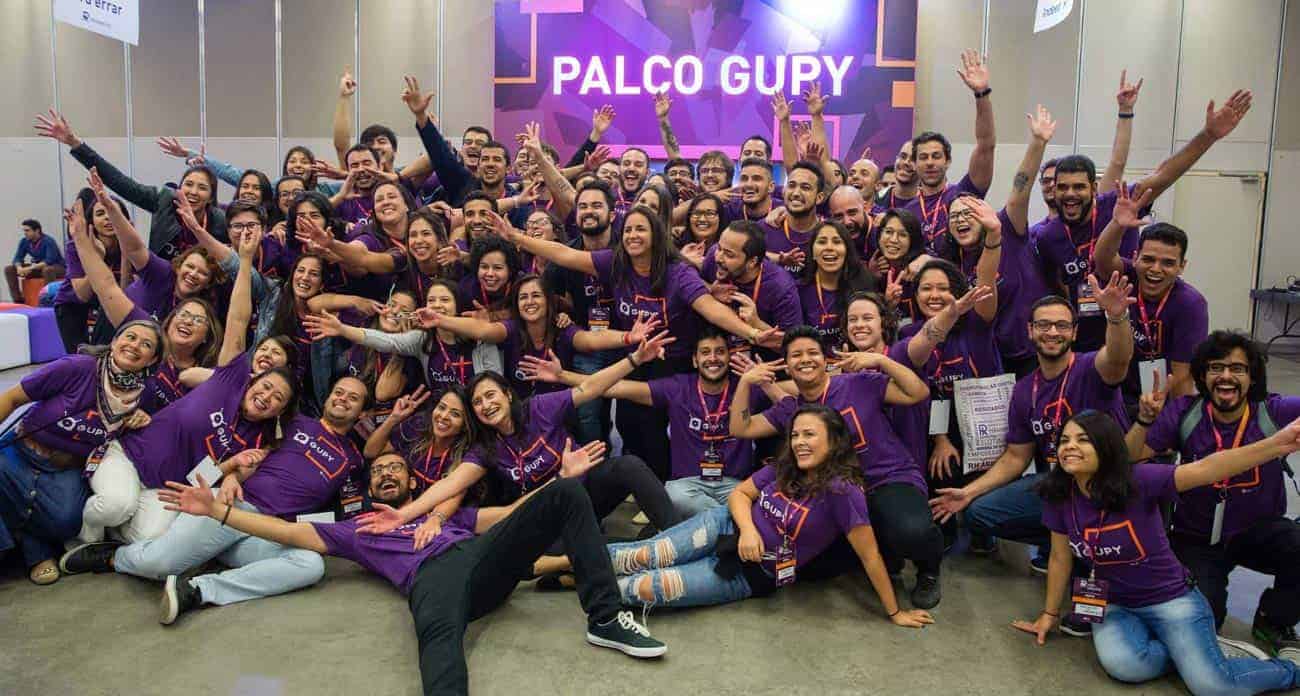This week we had our Morning Coffee with Adolfo Rouillon, Co-founder of Frizata.com
Contxto – Two out of three people in Argentina, at least once a month, bought an everyday consumer product online, according to 2019 figures.
These numbers were published in the “Annual Study of E-Commerce in Argentina” and they show how online purchases in the country are increasingly common because of what’s going on in the world.
So far, the acquisition of food via the internet represents a small portion of overall sales, but it is growing steadily.
For instance, in countries like the United States, approximately 10 percent of consumers claim to buy food online on a regular basis, according to NPD. But it is growing fast, going from US$12 billion in 2016 to US$26 billion in 2018.
In Argentina, the food, drinks, and cleaning supplies sector grew 111 percent in comparison to 2018. Last year, it invoiced a total of $41,591,000.
Now add coronavirus to the equation
Even though growth statistics had a strong increase, the crisis stemming from Covid-19 modified the scenario or, rather, accelerated the changes we all knew were coming.
The online shopping alternative became (almost) the only option.
With the temporary shutdown of thousands of locals and physical stores, plus the social distancing measures, e-commerce will be a much more important part of the shopping habits.
The reality is that in the next few months, consumers will choose to keep eating at home, both to take care of their wallets and to maintain social distance.
That’s how the adoption of new native digital brands will grow; as users experiment for the first time the purchase, delivery process, and testing of good quality products, coupled with less human contact and affordable prices.
30 percent of new users have joined the e-commerce since the start of the outbreak, according to research from Kantar’s Insights division.
The coronavirus crisis is creating great uncertainty in health, job stability, and emotional impact. This will change the scale of priorities and restructure how consumers perceive value. Perceptions of quality, convenience, and shopping experience will change.
Times of change: Going online different from staying online
Changing the habit of going to the supermarket isn’t hard. The key is to prove there’s a real transformative alternative.
Of course any food or supermarket brand can sell online, but if the products, experience, and prices are the same, what’s the difference?
That is why today, innovation from startups and companies must go through solving consumers’ pain points. The food industry is characterized by a long chain of intermediaries that directly impacts on the price of products and the quality of the food to cut costs.
It’s time to think about how this same situation can be found in other industries and how entrepreneurs can offer a solution to this through the creation of companies that integrate the whole chain and control the process top to bottom.
From production, marketing, distribution, and post-sale services, also known as Digitally Native Vertical Brands (DNVB). Netflix is the best-known case.
Delivery and UX: The client has the last word
This is an entrepreneur’s time to shine. Companies that nowadays can deliver a consistent value proposition are the ones that will definitely transcend this context. One that pushes us to be fast and agile to embrace change, because if you don’t change and adapt, change replaces you.
DNVBs talk directly to their customers, and to that end, innovate on the go. They should perfect products over and over and it should identify new consumption habits and interests. This continuous feedback will be possible if any given company is ready to listen to the customers through data.
The next months will be essential to know which of the brands’ attributes will be most valued and to see how the industry will adapt to this new global scenario.
Undoubtedly, the key is to listen to the clients and establish a back and forth that allows us to not only generate more and better products, but to improve service. We must be vigilant to customers’ demands, and while they are at home, it is important to create loyalty with those new users for when all of this is over.
This juncture opens up the opportunity to keep developing e-commerce but, at the same time, it made the future of consumption more evident, which is undoubtedly online.
This modality must be promoted à la carte, direct to the consumer and online, which today says much more. Technology must be focused on improving each new product, the processes and the experience of our clients. And at the end of the day, you should be able to deliver quality food at ethical prices.
Adolfo Rouillon is an Argentine entrepreneur who is a member of the Endeavor network. He co-founded Amtec.net, an e-commerce specialist eBuilder that was later acquired by Neoris. He co-founded Congelados del Sur, a company that produces frozen food for large food companies. In 2019 he created Frizata.com, a digital native foodtech company that produces practical and innovative foods for sale online.







